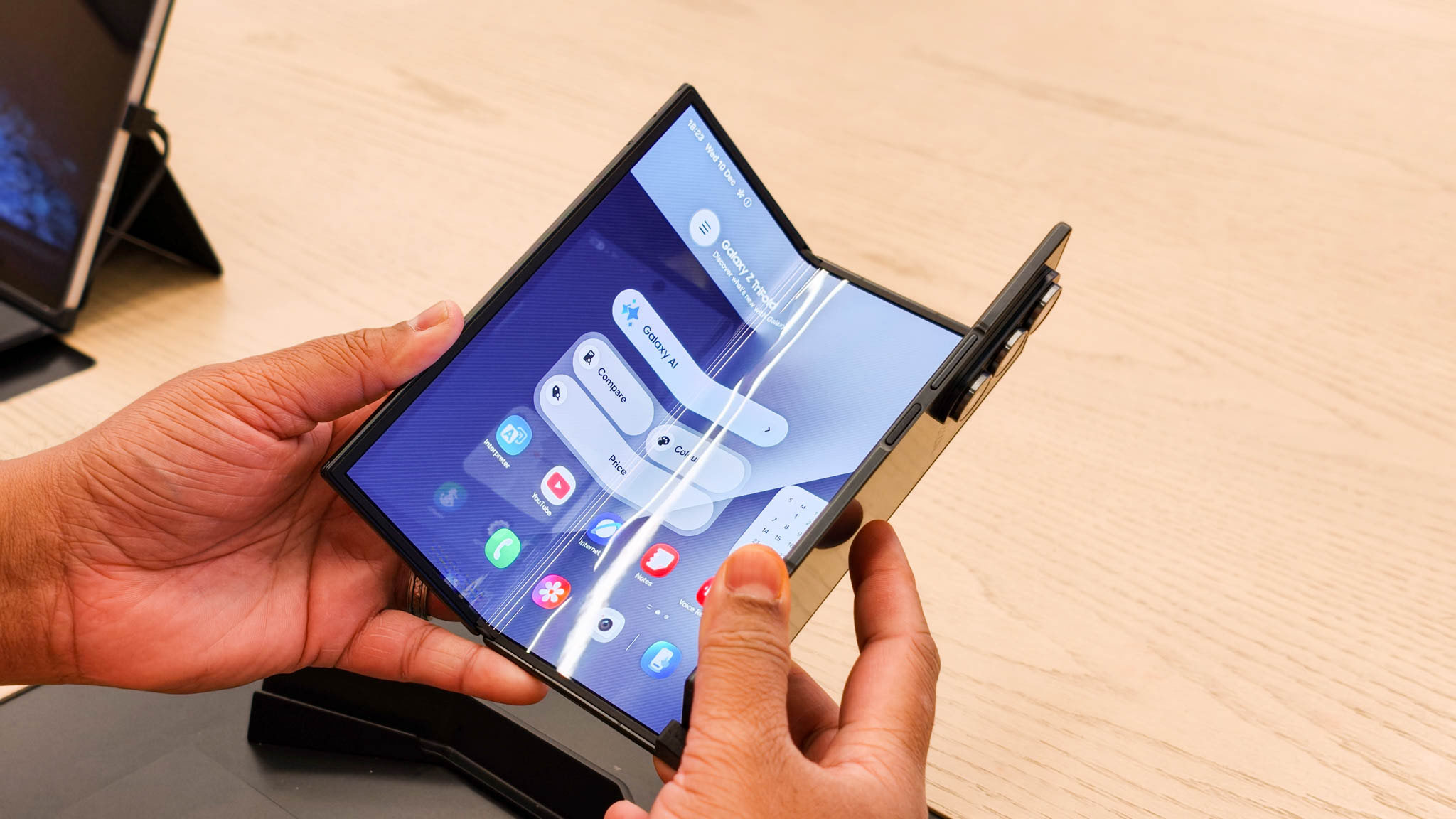Not yet there: the problems with mobile apps and media - Talk Mobile
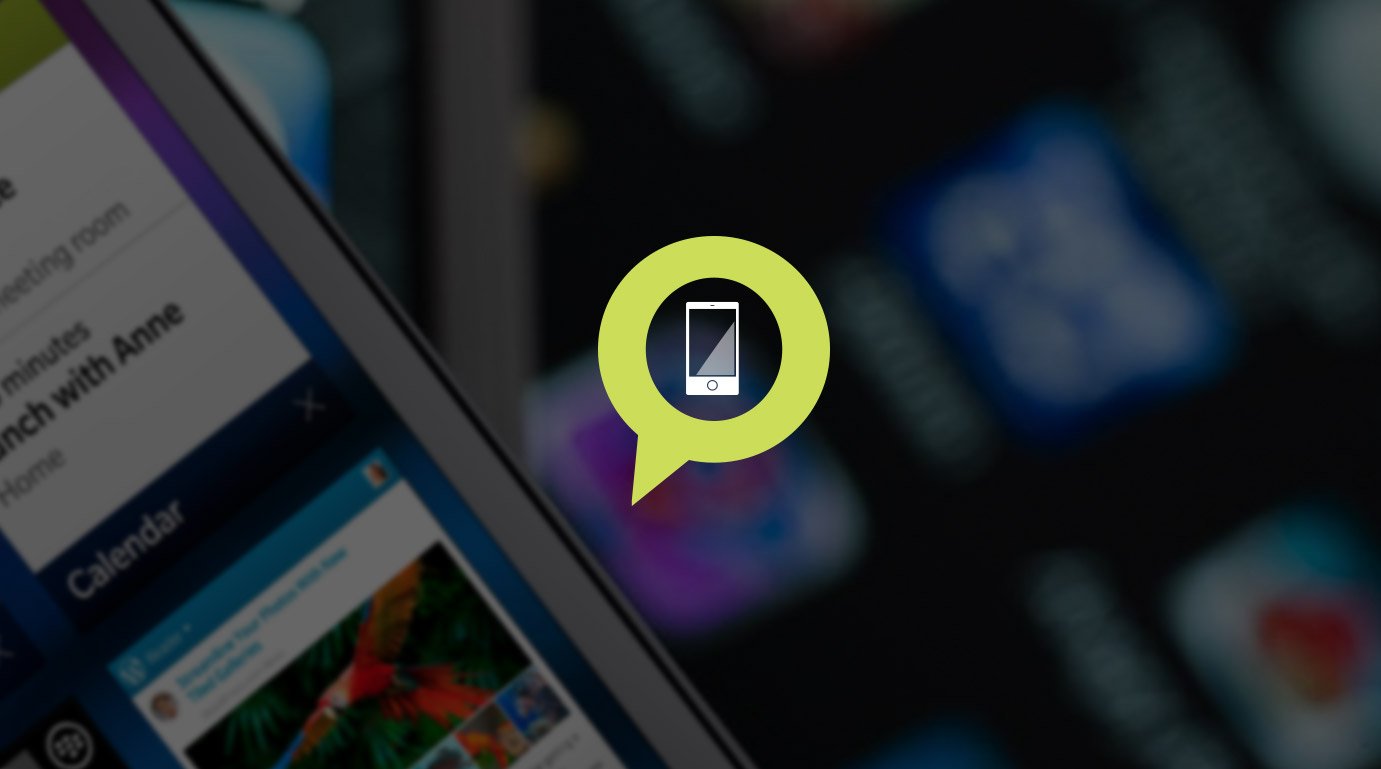
Presented by Blackberry
Talk Mobile Platforms
Not yet there: the problems with mobile apps and media
There was a time when the word 'ecosystem' referred exclusively to the environmental version, describing the interdependent parts of a biome. Today that term has been expanded to modern electronics.
No longer are our devices lone islands that reach out into the void for content. Today they're supported by an array of services, perhaps most importantly those from the manufacturer that provide content to the user. That content spans typically spans a range of apps, music, movies, and television shows, and can include additional media like books, magazines, and more.
The smartphone could function without the connections into these media pipelines, just as the gazelle can function just fine on a diet of grass alone. But throw in a few bushes with additional nutrients - or stores that open up movies and apps and music - and you're off to the races.
But our ecosystems are hobbled by old systems digital, legal, and emotional. How do we move them forward, breaking the chains and allowing them to truly run free?
Get the latest news from Android Central, your trusted companion in the world of Android
Let's get the conversation started!
Daniel Rubino Kevin Michaluk PhilNickinson Rene Ritchie
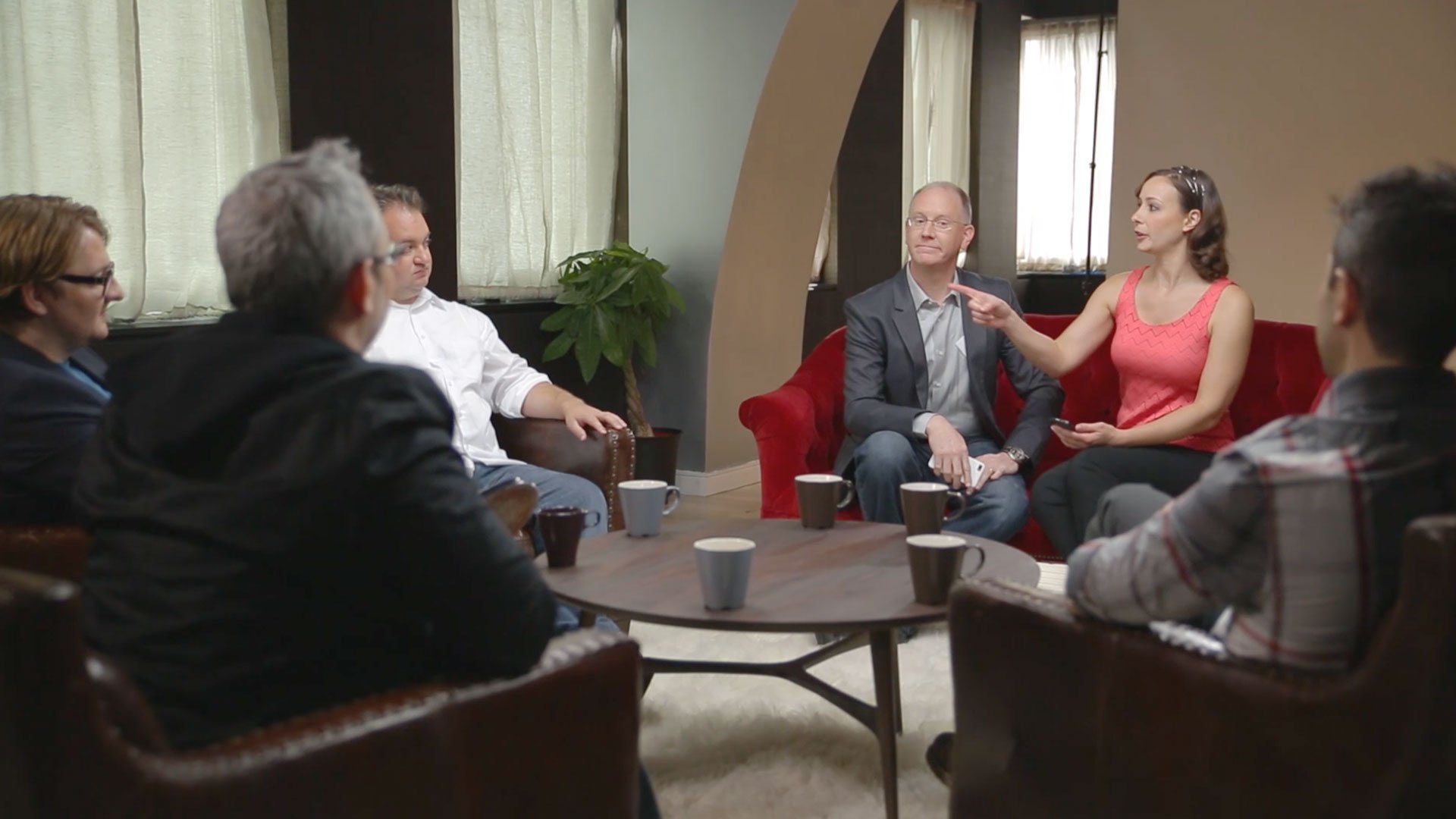




Ecosystems
Ecosystems
- Regional restrictions
- Video: Guy English
- Payment options
- Third-party stores
- DRM
- Video: Alex Dobie
- Conclusion
- Comments
- To top
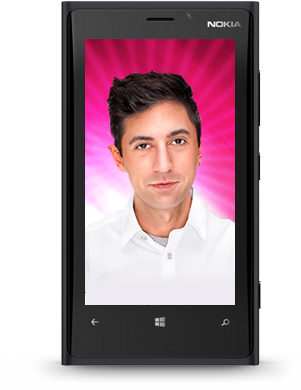
Daniel Rubino Windows Phone Central
There's no good reason for regional content restrictions
Users around the world often face vast discrepancies when trying to buy music or have access to movies, even when money is willing to be exchanged. So who's at fault? Consumers go right for the service provider: Microsoft, Google or Apple; placing all blame at their feet. Is that fair? Yes and no.
The general consumer doesn't really don't care whose fault it is.
Ultimately, a company must stand behind their product, even if it has holes. If your company puts out a service and it's lacking due to something that is out of your hands, you still need to take the blame. The general consumer is going to blame the retailer anyway, as they're the only part of the chain with which they interact, and they really don't care whose fault it is.
The reality is of course much more complicated than that. It's not that the retailers are purposefully or ignorantly reducing their media offerings. You can be assured, if they could offer everything to everyone, they would. More products to more customers means more sales.
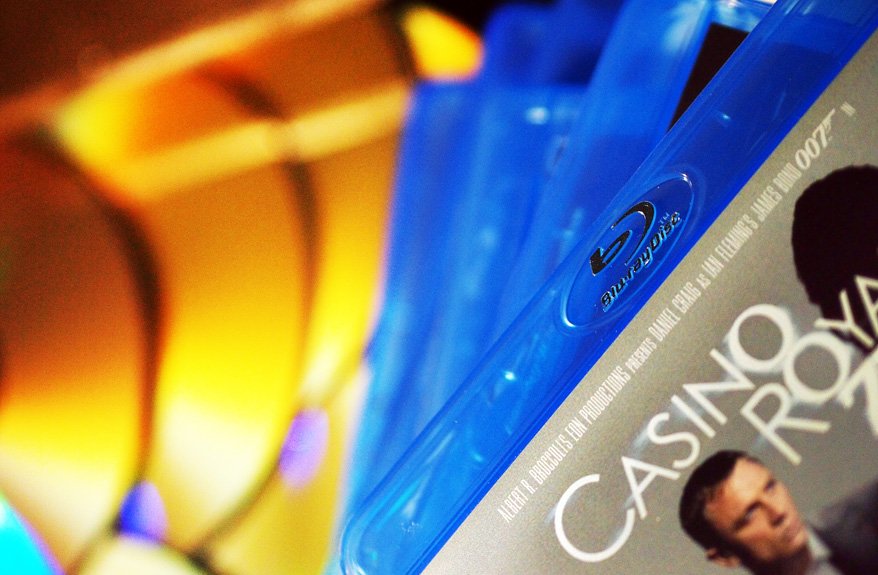
Regional encoding
When VHS hit the in 1976, the studios had little idea what lay ahead in this brave new world of home video. It didn't take long for piracy to explode on the easy-to-copy VHS ecosystem. It's hard to say just how widespread and damaging the illicit copying of films on VHS was, but when it came time to develop the DVD system, the studios set out to prevent a repeat.
The keystone in preventing international piracy was region coding. The Motion Picture Association of America crafted a system of 9 'regions', requiring that the region encoded on the disc and the DVD player's firmware be compatible. The MPAA even created a region - 8 - for use on international vehicles like airliners and cruise ships. But it didn't take long for piracy to move to the internet, free of any regional restrictions.
Blu-ray copy protections trend more towards keeping the content on the disc. Blu-ray has just three regions, but several layers of DRM. HDCP authenticates hardware connections, AACS clamps down the software, and BD+ ensures the player is tampering-free. All of this barely slowed pirates, with online piracy of high definition copies of films still flourishing.
The problem lies in who owns what. In this case, who owns the rights to a band's music, or a movie's distribution. It's not uncommon that film studios or large music acts have a number of licensed distributor middlemen across the world. They may fall under the same name and have the same corporate leadership, but in the eyes of the law they're separate companies.
Thus they require separate contracts, and the retailers has to negotiate with each for a distribution agreement in the applicable regions. In other words, there's a lot of legal work to be done in order to offer these services. Some companies will easily negotiate deals, others will resist.
When Microsoft, Google or Apple offer such multimedia services, they're the ones responsible for its content. Consumers simply don't have the time or energy to navigate the vast labyrinth of legalese and regional restrictions. And they shouldn't have to. The only thing that will force the change is the continued push by consumers to demand access to these works.

I think you should be able to say "I'm going on airplane, I bought the rights to it, store it right now!"
- Guy English / Developer, Host of Debug
Q:
What have regional restrictions stopped you from downloading?
313 comments
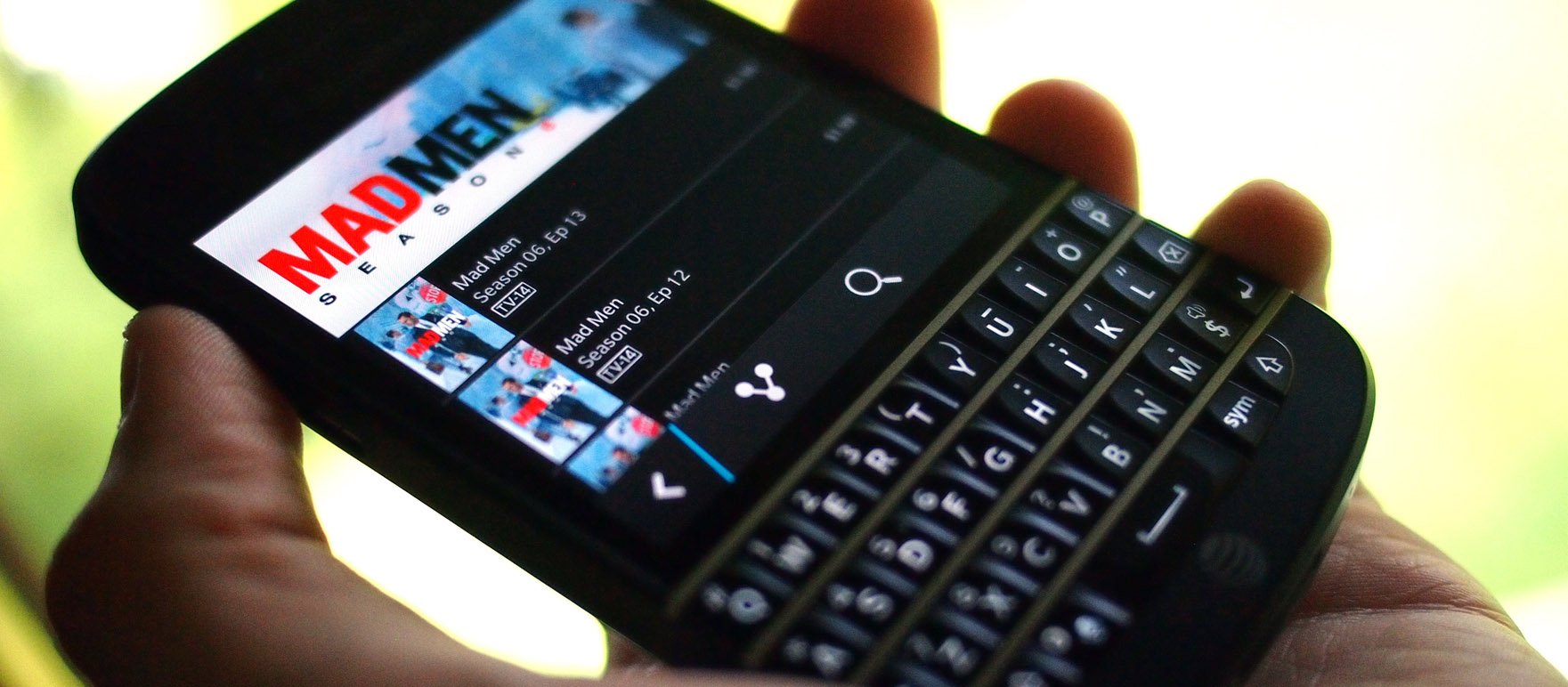
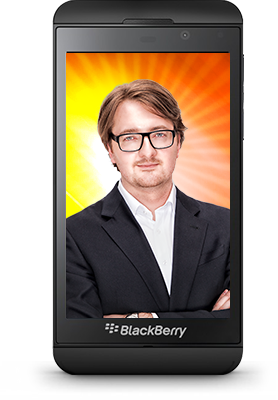
Kevin Michaluk CrackBerry
Let me pay how I want to pay
Show me the money! No, wait, show me the payment options! That might sound odd, because payment options are almost entirely about taking your money and not making you money, but honestly, if you want to buy something and the person selling it can't or won't take your money, it's a real problem. And it's a problem for everyone.
Apple and Amazon love to talk about how many credit cards they have on file and in how many countries they can accept one-click credit card payments. And that's fine, as far as it goes. iTunes certainly helped Apple scale the App Store internationally very quickly, and content deals in a ton of countries certainly helped make both iOS and Kindle interesting to people who want a lot of media.
Not everyone, everywhere has access to a credit card.
But the simple fact remains that not everyone, everywhere has access to a credit card. That's why, especially internationally and in emerging markets, it's critical to have options. Otherwise no credit card, no sale, and your fabulous device just got really boring, really quickly.
In addition to credit cards, PayPal is a must. Sure, a lot of people don't like Paypal and their policies, but it's pretty much ubiquitous at this point. Throw in Stripe, Square, and whatever other competitors come out in the mobile space as well. The more the merrier when it comes to money.
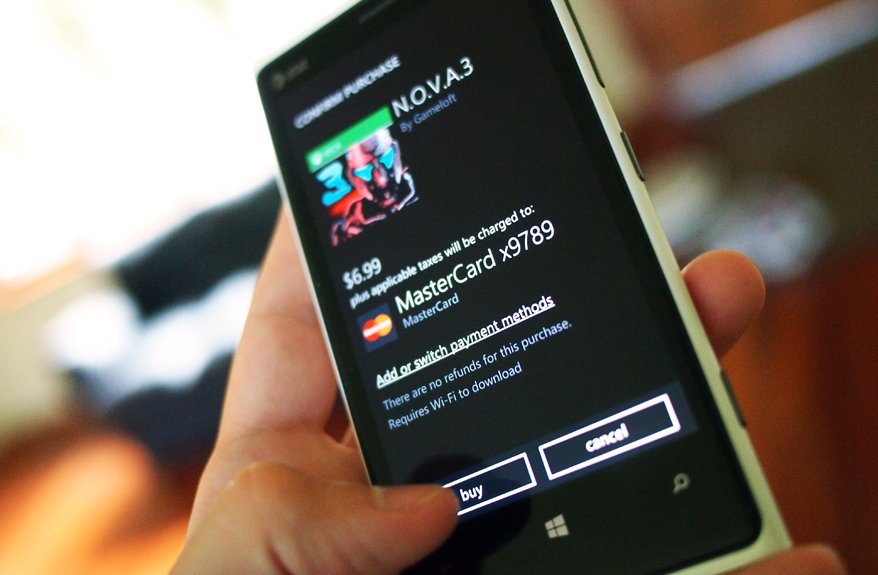
Behind register number three…
Each ecosystem offers its own set of payment options. Apple's iTunes, for example, supports credit cards, iTunes gift cards, ClickandBuy (in Europe), and PayPal. Unless you're in a country where Apple only sells apps, in which case you can only use a credit card.
Those on BlackBerry 10 have two or three options in BlackBerry World: credit card, PayPal, or - depending on their network - carrier billing.
Google Play's payment options include credit or debit cards, Google Play gift cards, carrier billing where supported, and Google Wallet (which supports credit cards).
Windows Phone users can use credit or debit cards, Microsoft gift cards, and PayPal to make payments in the Windows Phone Store and on Xbox Live.
What's really important, though, is the inclusion of carrier billing. Even in places where people don't have credit cards and don't have Paypal, in order to have a phone they still have to have a carrier and that makes carrier billing a solid default option, and sometimes the only one. Instead of paying though a phone, paying with a phone has to be there. It just has to.
Bitcoin? Sure, why not! I'd actually be curious to see which app store starts taking them first.
In general, if I'm offering up my money for apps, music, movies, etc., then I should be able to pay using whatever method I want (within reason - I don't see Apple accepting bushels of wheat in exchange for the latest Daft Punk album any time soon). While that's true to some extent today, it needs to be even more true tomorrow.
Q:
Talk Mobile Survey: The state of mobile platforms
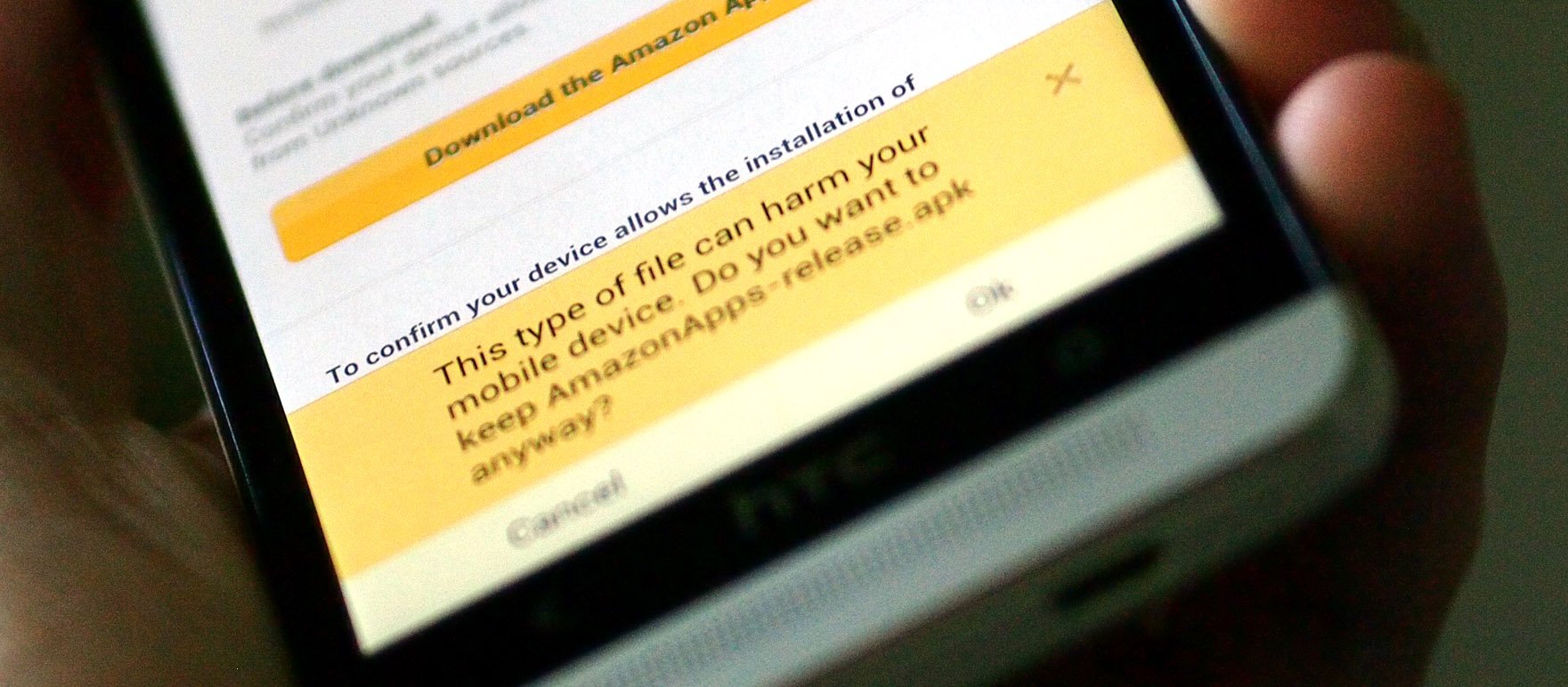
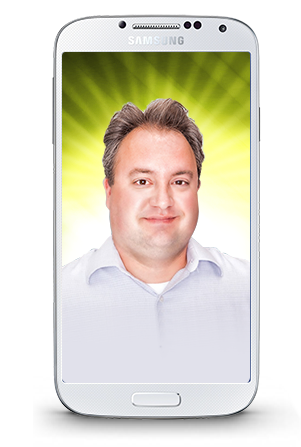
Phil Nickinson Android Central
The Wild West of third-party app stores reborn
Kids today have it so good. They probably don't recall the Wild West days of apps, back when none of the platforms had their own app stores. Long before iTunes. Way before Google Play and BlackBerry World. Back then, we had to hunt and gather our own apps, from individual websites, load them over a pitifully slow sync cable, uphill both ways. It was awful.
Then came along a few fledgling app stores that would get a handful of developers on board. Windows Mobile, BlackBerry, and Palm benefitted from this, but these were not on-device app stores, and there was no quick and easy download and install method.
And then iTunes and its non-Apple compatriots nearly killed them all. It was a bloodbath.
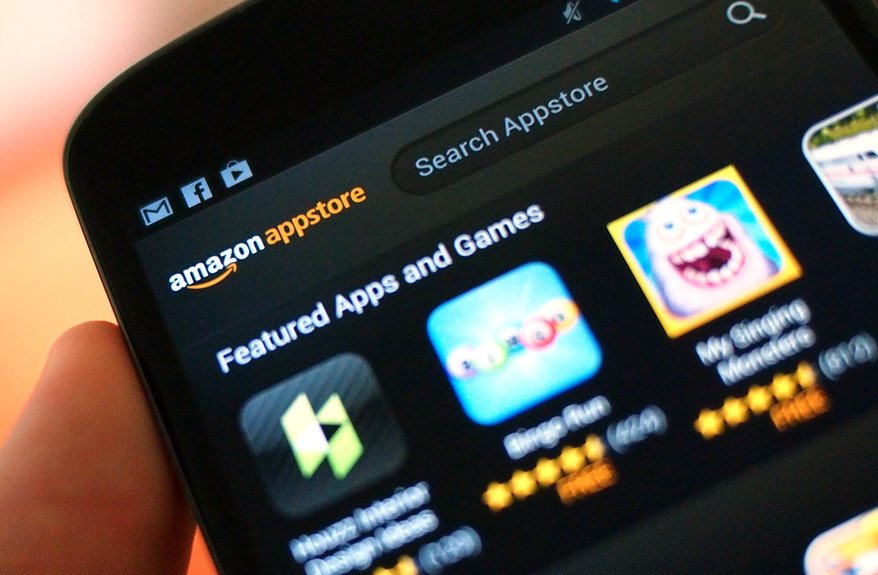
An app store for every platform
In the days of Windows Mobile, BlackBerry, and Palm OS application stores existed, but they were web-only affairs that were typically browsed from a desktop computer. Apps were purchased, the install files were downloaded by the user, and then installed over a cable onto their device. Services like Handango flourished under this model.
The iPhone App Store threw a wrench of expectations into these works, but Handango adapted by offering on-device app stores that replicated some of the features of Apple's store. But they were limited by the capabilities of the platforms themselves, all built on aging code that had been reworked and hacked to its limits over the years.
Today, the app installation systems of iOS, BlackBerry 10, and Windows Phone are locked down, with Android being the province of the third-party store. A number have risen, including GetJar for games and carrier stores, but the only one that's really flourished has been the Amazon Appstore. That's in no small part to daily app giveaways and the Appstore's inclusion on Amazon's Kindle Fire tablets in place of Google Play.
That's not to say there aren't any third-party app stores out there. Some countries (thinking of China specifically) do their own thing. And Amazon actually has done pretty well for itself with the off-the-Android-reservation Amazon Appstore. Same apps, different ecosystem, with checks in place to keep things safe and malware-free.
That's the biggest worry when it comes to not using the "official" app stores for the various platforms. Safety and security. Who's taking your money? And what are you getting in return? How easy is it to dispute charges? What about a refund policy?
If it's not on the device when you turn it on, it might as well not be there.
And most important, how easy is it to use? At this point, if it's not on the device from the moment you turn it on, it might as well not be there. Amazon has done OK with that -- for the Kindle line, it's already on the tablets -- but it's a growth limiter.
That's not to say that app stores acting independently from their respective platforms can't provide safe and secure places from which to download apps. But who would you trust at this point?
Q:
Can we trust third-party app and media stores?
313 comments
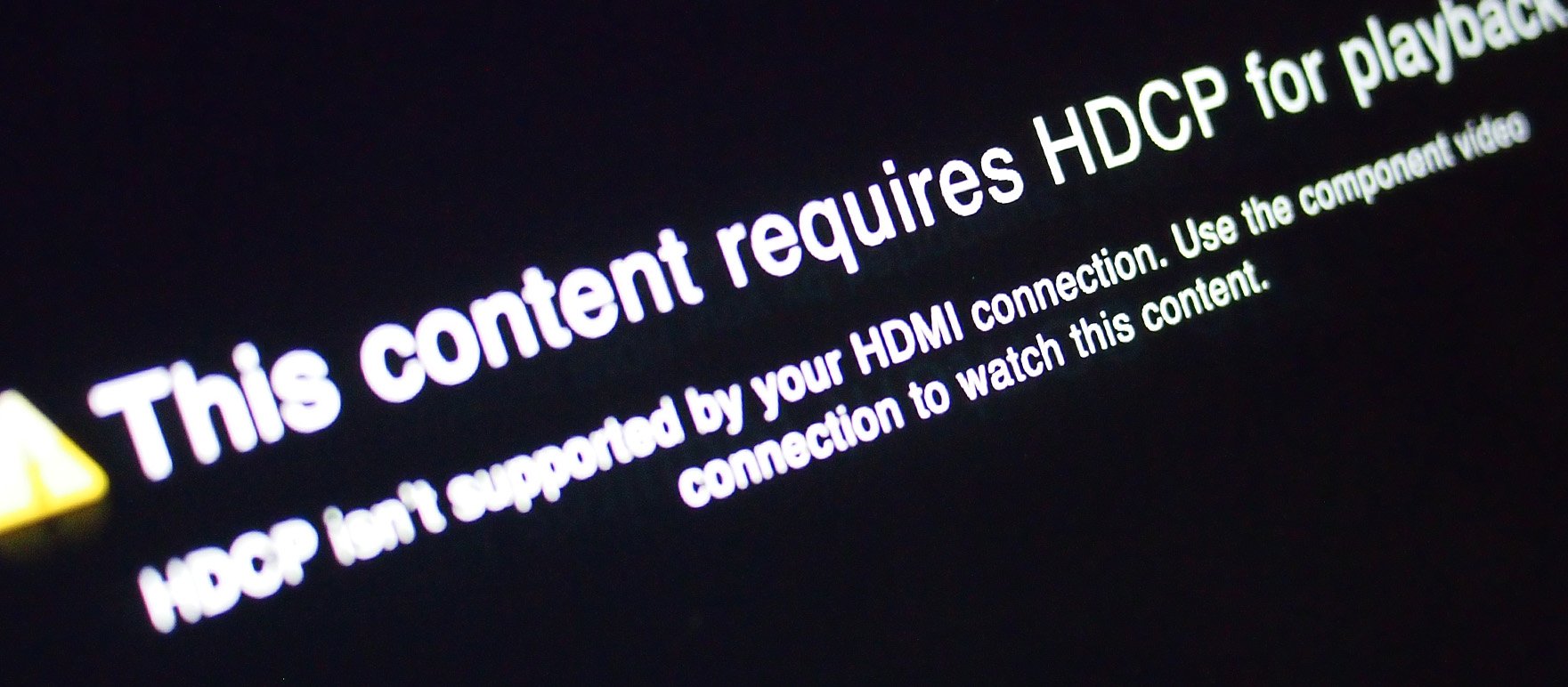
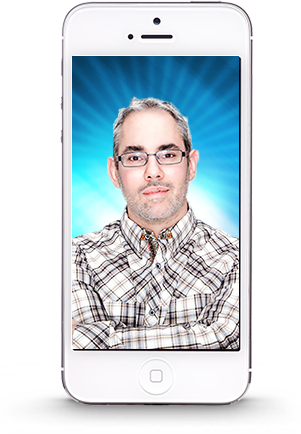
Rene Ritchie iMore
Bound by the shackles of DRM
DRM. Digital Rights Management. What it really translates into, however, is fear. It's meant to ensure that content providers -- previously record labels, now movie, television, and app makers -- don't get ripped off. That we, the people, don't enjoy their stuff without paying for it. It's a reasonable concept.
In the real world DRM more often than not stops real, paying customers from enjoying the stuff they paid for or want to pay for, more than it stops real, widespread, illegal use.
Once upon a time, mp3 swapping services became so popular they threatened the old CD-focused music industry with bankruptcy. But instead of figuring out a way to strap a cash register onto this new digital reality, the labels freaked out and drove it underground.
Instead of figuring out how to cash in on this new digital reality, the labels freaked out.
Then came Apple, who convinced them that the only way to compete with free was with fair and easy. iTunes was born. But the labels insisted on DRM. Out of fear of iTunes's power they eventually let go of DRM - for iTunes' competitors - and then, finally for iTunes itself.
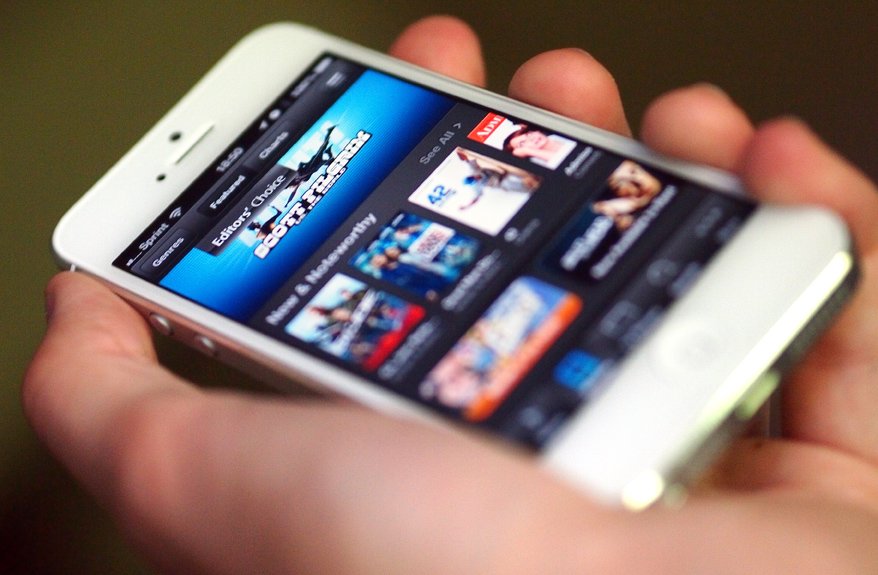
From ripping CDs to downloading apps
The iTunes store began its life in 1999 as SoundJamMP, a design of developer Bill Kincaid. It became iTunes the next year when it was purchased by Apple. iTunes 1.0 supported just Mac OS 9, though version 2.0 came nine months later with support for OS X and the brand-new iPod portable music player.
Up to 2003, iTunes was an exclusively on-the-computer affair, with users ripping and burning CDs and syncing their iPods. But with iTunes 4.0 came the iTunes Music Store. iTunes made the leap to cellular with the Motorola-produced ROKR in 2005, as well as starting sales of movies and TV shows (viewable on computers and the iPod Video). 2007 saw the launch of the iPhone and the iTunes store went mobile, permitting downloads of music and podcasts. iPhone OS 2.0 and iTunes 7.7 expanded support to include downloading and syncing apps, and a year later all other media was supported.
Since launching a decade ago, iTunes has sold more than 25 billion songs and served up 50 billion app downloads.
Hollywood isn't there yet. Thanks to DRM, I can't use my Pioneer receiver because, despite fully legal parts and content, my TV detects it as non-HDCP (High Definition Copy Protection) compliant. I can't watch The Avengers Blu-ray on my PlayStation 3 because, despite the disc being 100% legit, it demands some new decryption keys be downloaded, but can't. I can't go a month without my Apple TV or my Mac telling me I'm not authorized to watch something I absolutely should be authorized to watch. And I can't turn on the internet without seeing some report about Nintendo or Microsoft or Sony incomprehensibly treating their customers like criminals and making it insanely difficult to simply enjoy the stuff we've already paid for.
Their fear is so great, it's hard to imagine anything less than an extinction level event - something that threatens the old, entrenched, executives with the end of their business as they know it - before anything significant changes.
Then the iTuneses and Netflixes and others can come along and offer what they already know how to offer so well: disintermediated content, fairly priced and ubiquitously available.
I don't see DRM disappearing any time soon. But I do hope it's obsoleted.
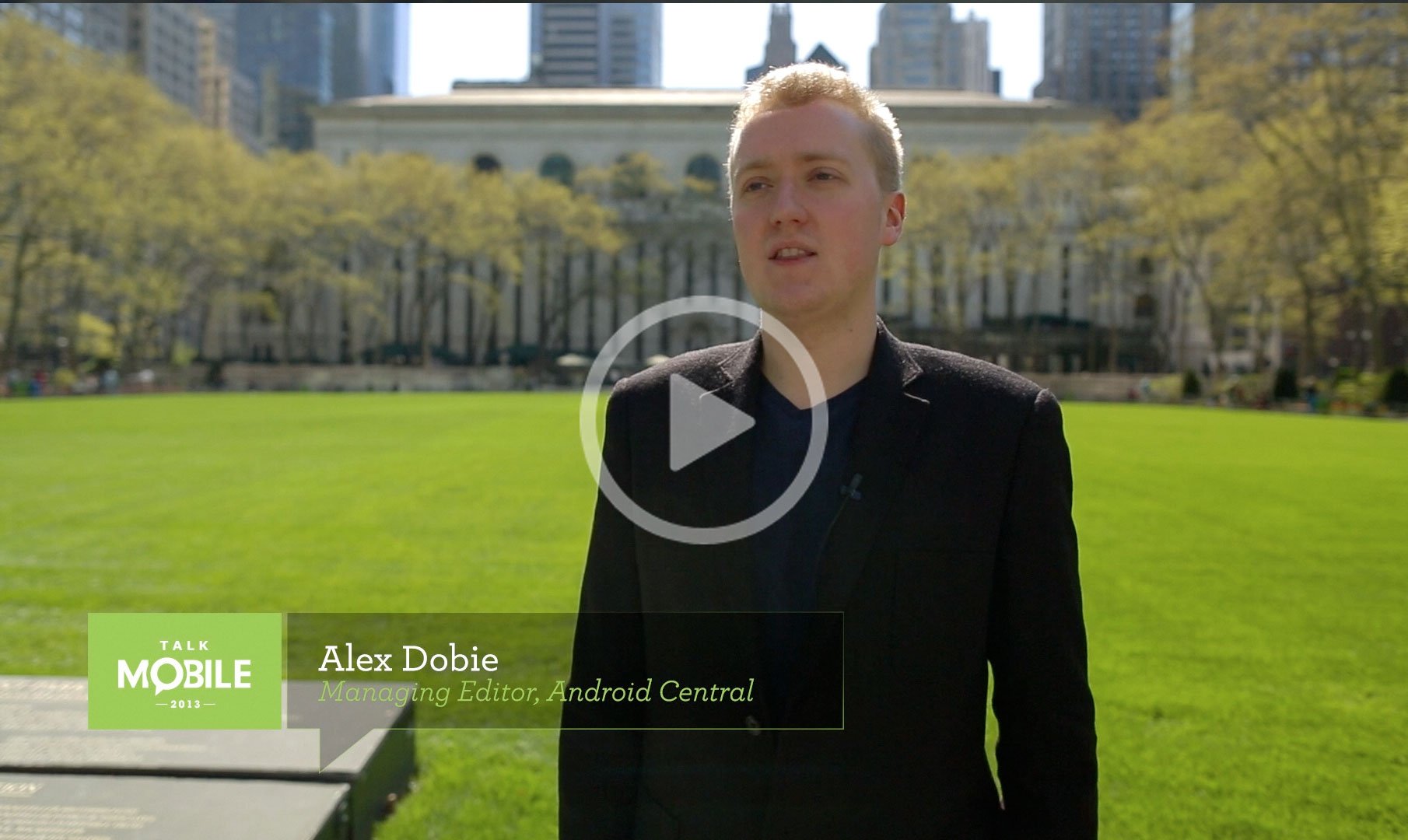
I think we want better DRM, not necessarily less DRM.
-Alex Dobie / Managing Editor, Android Central
Q:
How has DRM held you back?
313 comments
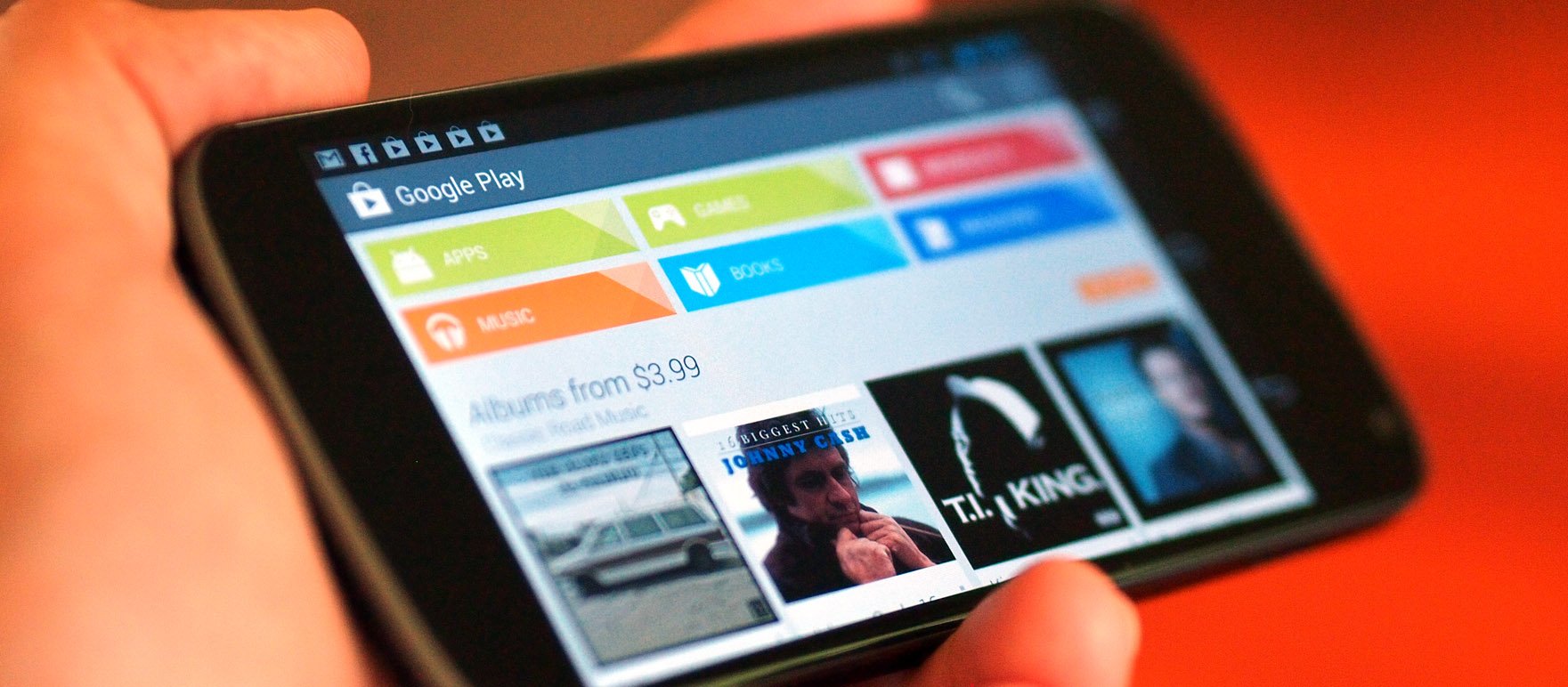
Conclusion
What's most responsible for holding back our ecosystems today? As it would turn out, it's the group that would benefit the most from unleashing the ecosystem's full power: the content providers. Having seen the near destruction of the music industry when slow-to-adapt executives clashed with eager and possibly naive listeners who shared their tunes for free online without a second thought, movie studios, book publishers, and even some app developers have swung with the pendulum too far to the other end.
The motivation behind DRM is understandable, if misguided. Of course, it makes sense to protect the content your selling from being easily passed around with no financial gain for you. You're in the business of making money, after all. But when those protections get in the way of actually using the content. From hardware encoding to simply refusing to sell certain content in certain regions, it's the potential customer that gets shafted.
This mess hurts consumers. It hurts the manufacturers, as the consumer blames the only step in the chain they interact with: the people who make and support their devices. And it hurts the person who made the content and is all wrapped up in protecting it - they're creating unnecessary complications and denying themselves revenue.
The music industry recovered and is prospering with DRM-free mp3s. What will it take to overcome the entrenched mindsets and practices that are holding everything back?

